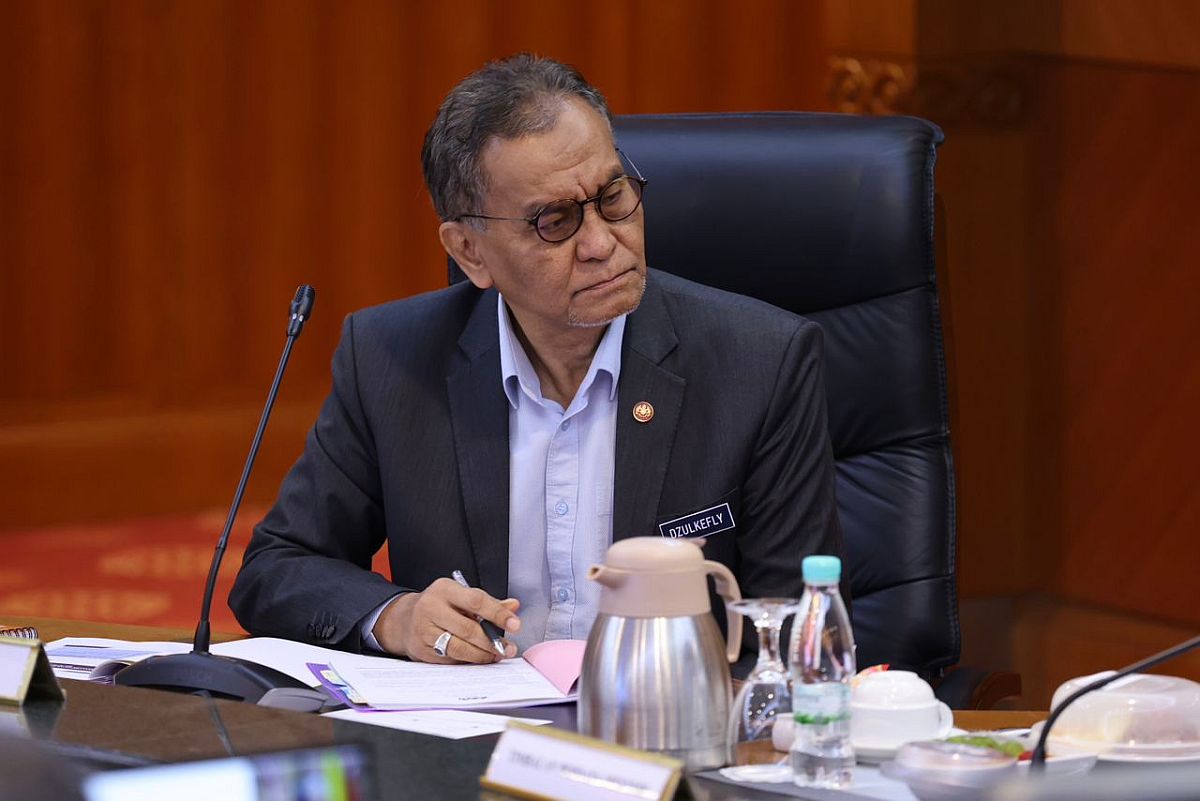KUALA LUMPUR, April 2 – The Ministry of Health (MOH) has suggested a change to the Medical Act 1971, also known as Act 50, to resolve an imbroglio with MMC over parallel pathway training, Dzulkefly Ahmad said.
The health minister said given the critical shortage of medical specialists in public hospitals, MOH intends to request the Cabinet to expedite the proposed amendment, ideally in the next parliamentary sitting in June, for prompt implementation.
“Pending the Cabinet’s decision on the proposed amendment to Act 50, MOH is also steadfastly dedicated to ensuring that individuals who have successfully completed their training under the parallel pathway programme will be eligible for registration under this Act,” Dzulkefly said in a statement posted on Facebook today.
Dzulkefly said separate talks were held with the ambassador of Ireland to Malaysia, Orla Tunney, and the deputy high commissioner of the United Kingdom, David Wallace, with parties agreeing to “fortify” ongoing partnerships between MOH and the involved institutions.
The Medical Act amendments desired by the health minister will likely cover not just the parallel pathway issue, but also qualifications from local Master’s programmes or certain fields that have been rejected for National Specialist Registration (NSR) by the MMC in the past.
The MMC currently operates under the 2012 amendment of the Medical Act 1971 and 2017 regulations, which require all doctors to be registered under this Act to practise as specialists to ensure compliance with qualifications and standards set by the MMC.
Key sections of the Act granting MMC authority include Section 14B, which outlines eligibility criteria for specialist registration. According to this section, individuals must have completed specialised training in an institution recognised by the MMC, possess a recognised specialist qualification, and demonstrate their fitness and good character to the satisfaction of the Council.
Section 4A empowers the Council to undertake all necessary actions to fulfil its functions under the Act. This includes regulating the practice standards of registered medical practitioners and approving or rejecting any registration or certification applications in accordance with the Act or its regulations.
Section 3A outlines the composition of the Council, comprising 33 representatives from recognised local universities, the private sector, public services, and elected medical practitioners. This section also mandates that the Health director-general (DG) serve as president of the Council.
Section 8, on the health minister’s powers, states that the minister may issue general directions, provided they are not inconsistent with the Act or any regulations made under it. The Council is obligated to comply with these directions.
MMC has faced criticism from some in the medical fraternity, particularly following its rejection last December of specialist registration applications with the NSR by four pioneer graduates from the cardiothoracic surgery parallel pathway programme with the Royal College of Surgeons of Edinburgh (RCSEd).
In an open letter to Dzulkefly, the RCSEd said the MMC’s rejection violated the principle of the partnership and work it undertook at the request of Malaysia’s health ministry.
Yesterday, CodeBlue was the first to report on a judicial review application by six pathology graduates in medical genetics from Universiti Sains Malaysia (USM) against the MMC’s refusal last August to register them on the NSR as specialist doctors.
Despite being recognised and accredited by the MOH, the Ministry of Higher Education (MOHE), and the Malaysian Qualifications Agency (MQA), the MMC, led by Health DG Dr Muhammad Radzi Abu Hassan, did not acknowledge the Master of Pathology (Medical Genetics) qualification from the top local university.








